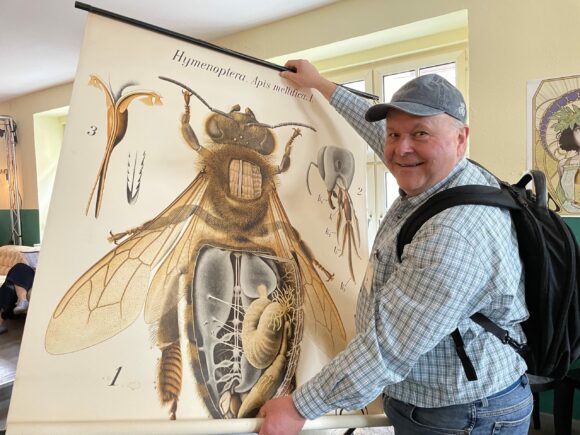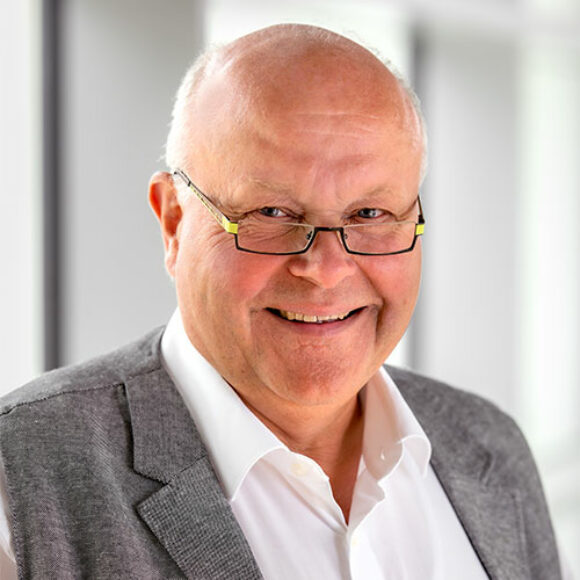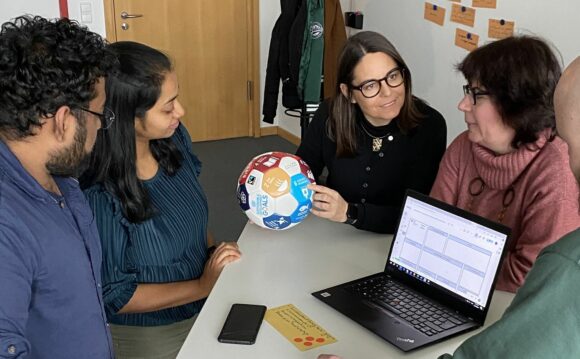The Nordhalben local heating network is soon to work more intelligently and effectively. This is being ensured by a joint research project of Hof University of Applied Sciences and Bioenergie Nordhalben eG together with ENERPIPE GmbH and HDG Bavaria GmbH. In addition, grid customers will be able to call up their consumption data in real time in the future and receive individual incentives for savings. The project can serve as a model for many other heating networks in Germany.
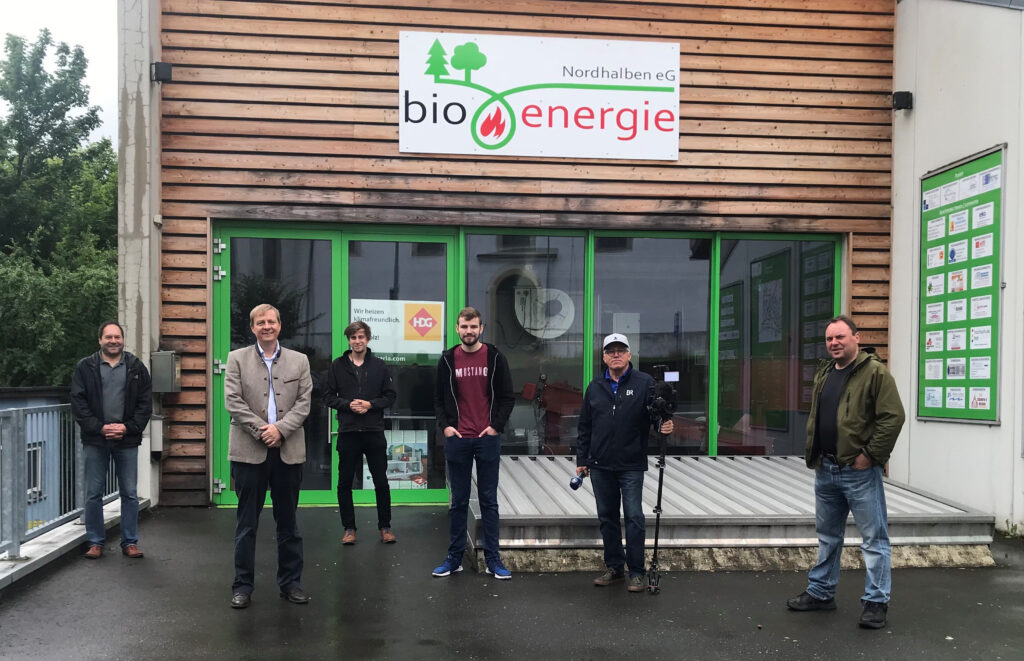
The “PuLaMa” project, which is coordinated at Hof University of Applied Sciences between the Institute for Water and Energy Management (iwe) and the Institute for Information Systems (iisys), has already been running since 2018. Together, they are working on reducing losses in the overall system in the existing local heating network of Bioenergie Nordhalben eG, to which 43 buildings are connected.
Simulation clarifies savings potentials
“We are achieving this by developing an innovative buffer storage and load management system that is based on user behavior,” says Professor Dr. Tobias Plessing, Institute Director at iwe. For this reason, countless consumption data have been collected and analyzed on site over the past three years
By installing digital transfer stations, we can simulate different control strategies and settings with the real data and thus find solutions for the most efficient operation possible.”
Dr. Andy Gradel (Chief Engineer)
For example, the heating network can be cooled down more frequently through appropriately intelligent control – i.e., simultaneous loading of the house storage tanks – and is therefore more energy efficient. Together with his colleagues Tobias Wirth and Matthias Kreuzer, Gradel had completed many on-site appointments in Nordhalben.
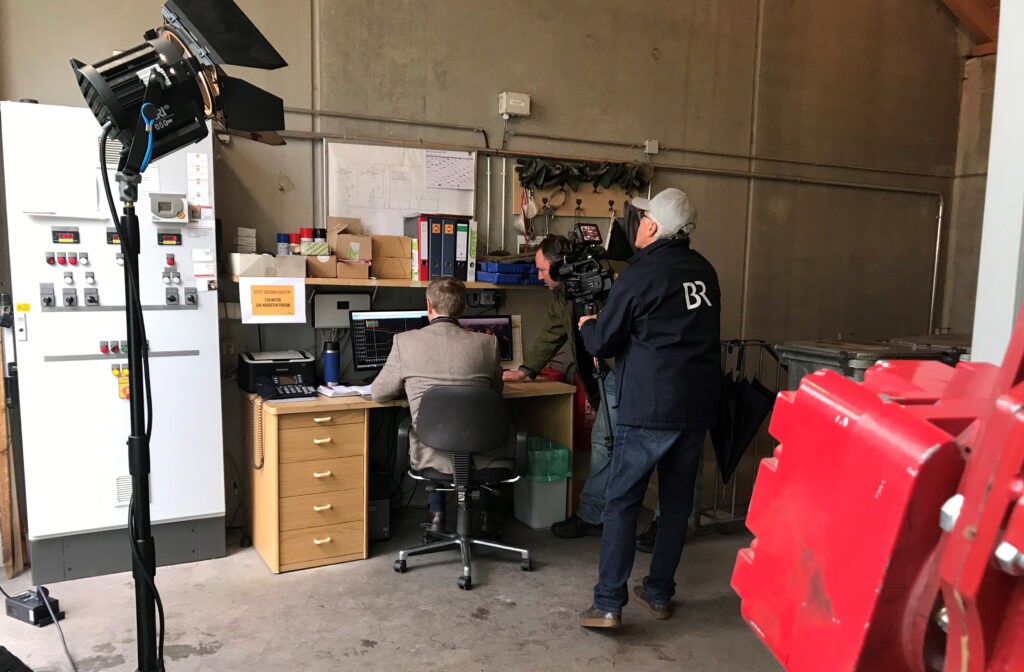
Incentives to save energy
In parallel, the consumers of the local heating network receive a digital user interface that makes the individual consumption of the households accessible in real time at any time
This provides a much better overview of their own consumption peaks, making potential savings quickly visible. The cooperatives are thus incentivized to make monetary savings. We also support this by providing access to anonymized comparative data,” says Prof. Dr. Rene Peinl, head of the Institute for Information Systems (iisys) at Hof University of Applied Sciences.
Prof. Dr. Rene Peinl, Head of the Institute for Information Systems at Hof University of Applied Sciences ( iisys)
Exploiting potential for improvement
“As an operator, we would like to use scientific methods to further optimize the alreadyCO2-neutral heat generation of Bioenergie Nordhalben eG through the cooperation with Hof University of Applied Sciences. The investigations have already yielded some interesting approaches, some of which have already been implemented.” And further
We would like to make an even better contribution to the energy transition with a more effective heating network.”
Michael Pöhnlein (Board of Directors Bioenergie Nordhalben eG)
“The project and its results so far indeed already show some success. It can act as a model for many other local and district heating networks,” concludes Prof. Dr. Tobias Plessing.
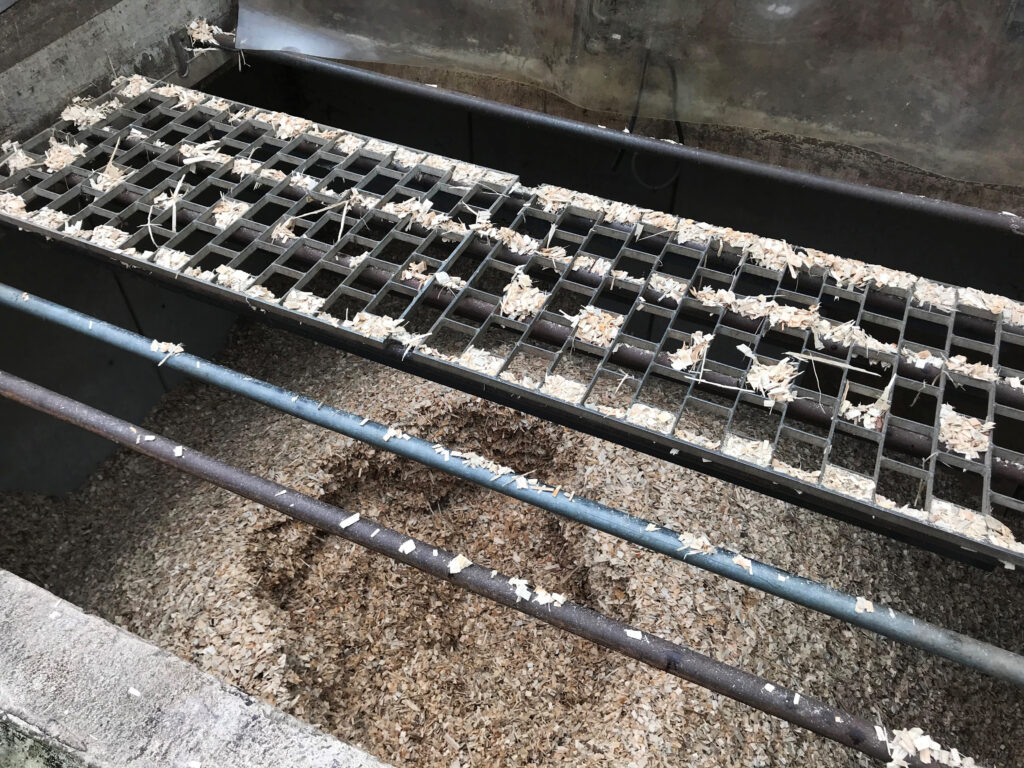
Funding and industrial project partners
ENERPIPE GmbH, based in Hilpoltstein, Franconia, stands for innovative, energy-saving heating systems. The ENERPIPE complete offer ranges from highly insulated pipe systems as well as efficient control of the transfer station with intelligent heating house control technology to the right buffer storage technology.
HDG Bavaria, based in Massing (Lower Bavaria), can look back on more than forty years of experience in the development and production of innovative boilers for solid biomass.
Note: The broadcast date of the filmed contribution on Bavarian television is scheduled for November 7, 2021 in the “Frankenschau” (5:30 pm).




